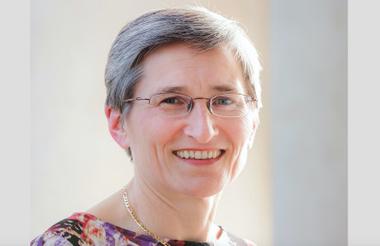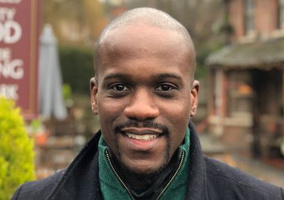Charities and the government must have a “mutual respect” for one another or risk the relationship becoming “irredeemably adversarial”, said the Citizens Advice CEO.
Clare Moriarty, became CEO of Citizens Advice in April last year. Before that she worked in government for over 12 years, including at the Department for Environment, Food and Rural Affairs, so she brings “experience from the other side”, she said.
She was speaking online at an event organised by the charity think tank NPC earlier this week, and outlined some practical steps that can create a productive relationship with the government.
Avoid making government the ‘other’
According to Moriarty, what made the relationship between charities and the government a productive one was “when we managed to create an atmosphere of mutual respect where we were both listening to each other whether or not we agreed”.
She said that taking time to understand where people are coming from, despite having different positions, is what “builds respect and trust and makes it much easier to work together”.
This “avoids the situation where people start being cast as the 'other', which as we know is the start of a relationship which does not work so well.”
She added: “It’s important that we don’t lose sight of that principle because if we do, we risk relationships becoming irredeemably adversarial. If we start assuming malign intent for things that happen then we will build towers and throw rocks at each other but that doesn’t get things done.”
Charities and the government share a common purpose
“We do actually have a common purpose which often can get lost because we see people doing things in a different way,” said Moriarty. So “it's important to hang onto that understanding that the place that its coming from is the same place,” even if it looks different in practice.
“Public servants get out of bed in the morning in order to make the world a better place,” and so do those who work in the charity sector, Moriarty said.
She wondered if there was potential “scope for a narrative coalition” across the charity sector in order to have “greater impact” when influencing government.
All governments prefer “pouring concrete” to dealing with deep societal issues, Moriarty said. Perhaps making “a collective effort on really encouraging joined up thinking across the system” could improve this, she suggested.
Related articles












